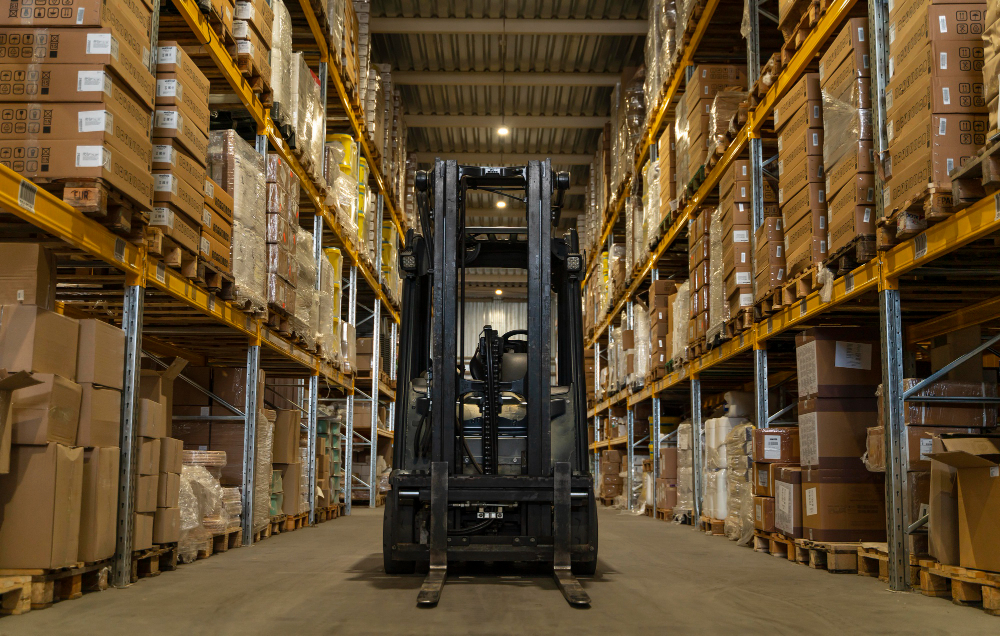In today’s interconnected world, businesses of all sizes rely on the efficient movement of goods across borders and continents. Whether you’re a multinational corporation or a small local importer/exporter, the success of your supply chain hinges on one critical factor: your choice of freight forwarding partner.
Freight forwarding is more than just moving cargo from point A to point B. It’s a complex process that involves a myriad of tasks, including:
- Strategic Planning: Optimizing routes, modes of transport, and timelines to ensure cost-effectiveness and speed.
- Customs Brokerage: Navigating the intricate web of import and export regulations, tariffs, and documentation requirements.
- Warehousing and Distribution: Managing the storage, handling, and distribution of goods along the supply chain.
- Risk Management: Mitigating potential disruptions, such as delays, damage, or loss of cargo.
- Supply Chain Management: Overseeing the entire flow of goods, information, and finances from origin to destination.
Choosing the wrong freight forwarder can lead to a cascade of problems, including:
- Increased Costs: Inefficient routing, delays, and unexpected fees can quickly inflate your shipping expenses.
- Delivery Delays: Missed deadlines can damage your reputation, disrupt production schedules, and lead to lost sales.
- Compliance Issues: Errors in customs documentation or failure to comply with regulations can result in penalties, seizures, and legal complications.
- Damage or Loss: Improper handling or inadequate insurance can expose your cargo to the risk of damage or loss, resulting in financial losses and customer dissatisfaction.
- Lack of Transparency: Poor communication and inadequate tracking can leave you in the dark about the status of your shipment, causing anxiety and uncertainty.
So, how do you choose the right freight forwarding partner? Here are some key factors to consider:
- Experience and Expertise: Look for a company with a proven track record and extensive knowledge of the industry, including specific experience with your type of cargo and trade routes.
- Global Network: A strong network of agents and partners around the world is essential for seamless international shipping.
- Comprehensive Services: Ensure the forwarder offers a full suite of services, including those that are most critical to your business, such as customs brokerage, warehousing, and specialized handling.
- Technology and Tracking: Advanced technology and real-time tracking capabilities provide visibility and control over your shipments.
- Financial Stability: A financially sound forwarder is more likely to weather economic fluctuations and invest in the resources needed to serve you effectively.
- Customer Service: Responsive, reliable, and proactive communication is crucial for a smooth and stress-free shipping experience.
- Reputation and References: Check online reviews and seek references from other businesses to gauge the forwarder’s reliability and customer satisfaction.
In conclusion, the importance of choosing the right freight forwarding partner cannot be overstated. It’s an investment that can significantly impact your bottom line, your customer relationships, and the overall success of your business. By carefully evaluating your options and selecting a reputable and experienced forwarder, you can ensure that your cargo is in safe hands and your supply chain operates at peak efficiency.
